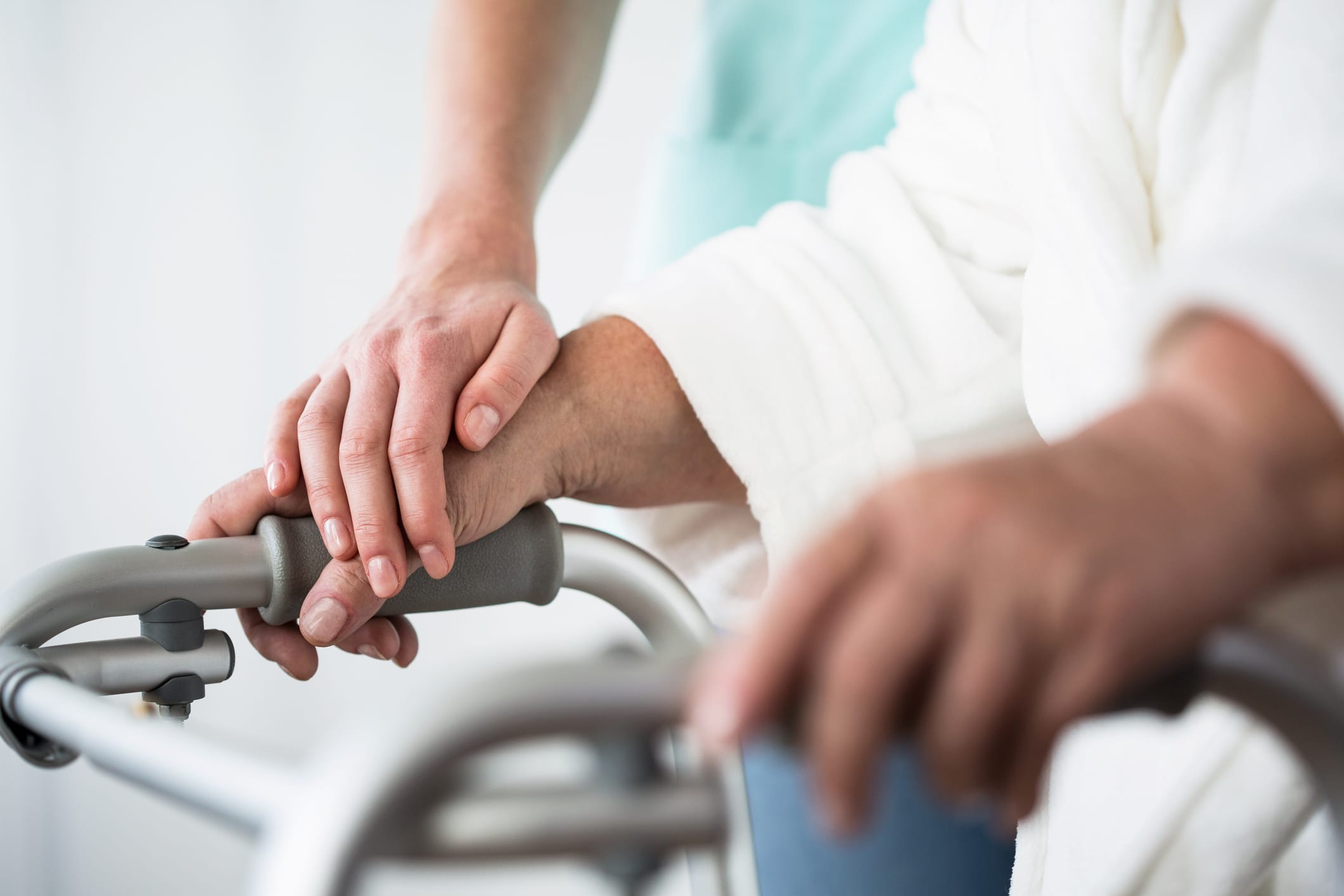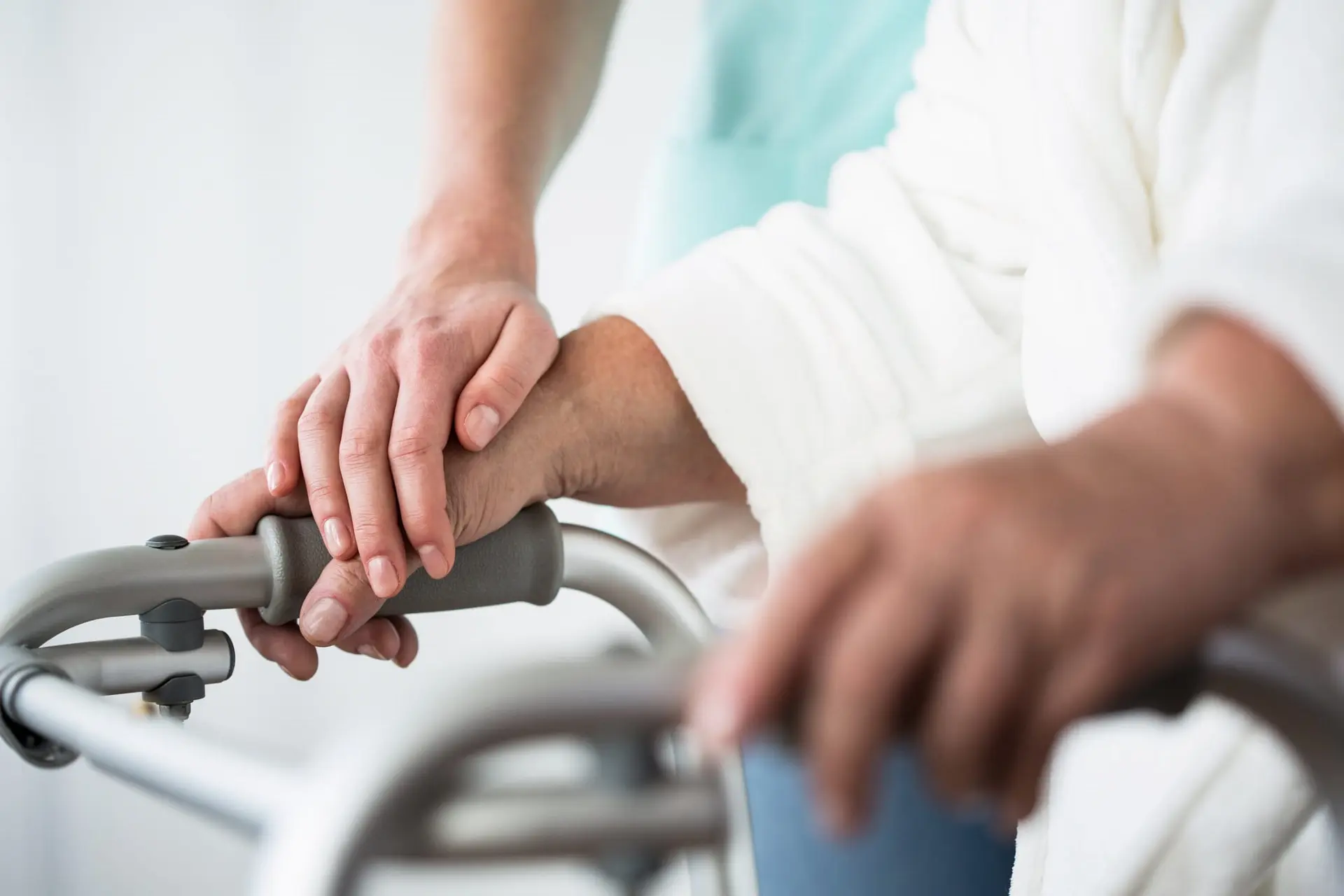Brain injury sufferers face many challenges to recovery as they relearn how to master their mental and physical functionality. An additional challenge may also exist for some patients. Known as hyponatremia, this is a serious health condition common in brain injury patients caused by overhydration in the body. Its effects include dangerous levels of brain swelling, cognitive problems and seizures.

According to a study out of McGill University, there may be new evidence to help detect the risk of hyponatremia. It centres on how the body detects overhydration in the first place. Higher Risks Involved with Overhydration If the body cannot detect overhydration, there is a higher risk for conditions like hyponatremia to appear, especially in older individuals suffering from brain injuries. This creates an extra layer of risk to a patient's recovery. In addition to high medical bills, loss of income, and the possibility of long-term care, there is now a risk for fatal brain swelling. The recovery process for any person suffering from a traumatic brain injury can be frustrating, both for the individual and on family and friends. Beyond the physical risk, you may be faced with financial challenges and other losses. In order to make the most out of your insurance coverage, consult a personal injury law firm. The Difficulty in Detecting Overhydration Currently, it is hard to detect how hyponatremia is developed in the body. But researchers at McGill University have focused on how the brain reacts to, and detects, overhydration. Their study has identified that the body detects overhydration differently than it detects dehydration. Researchers discovered that certain cellular protectors in the body have been known to inhibit the neurons that detect overhydration when there is an imbalance of water in the body. Additional Research is Necessary While the McGill study is a first step in identifying how the body detects overhydration, which can lead to conditions like hyponatremia, it does acknowledge that more research is necessary. There is a lot of information on how our body reacts and detects dehydration, but not enough on how the body detects overhydration.
Comments We would love to hear from you. Please share your thoughts about brain injuries in "Leave a Comment" found below.
Links >> Tool Reveals Brain Injury Already Present In Young NFL Players Source: muhc.ca/newsroom/news/harmful-dehydration
Expertise.
Share
Subscribe to our Newsletter

